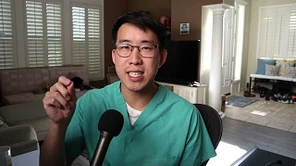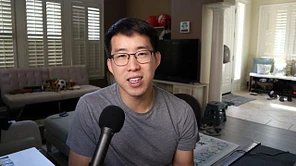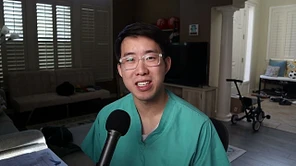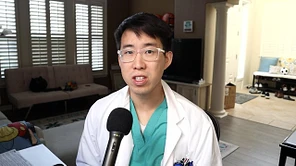How To Senior
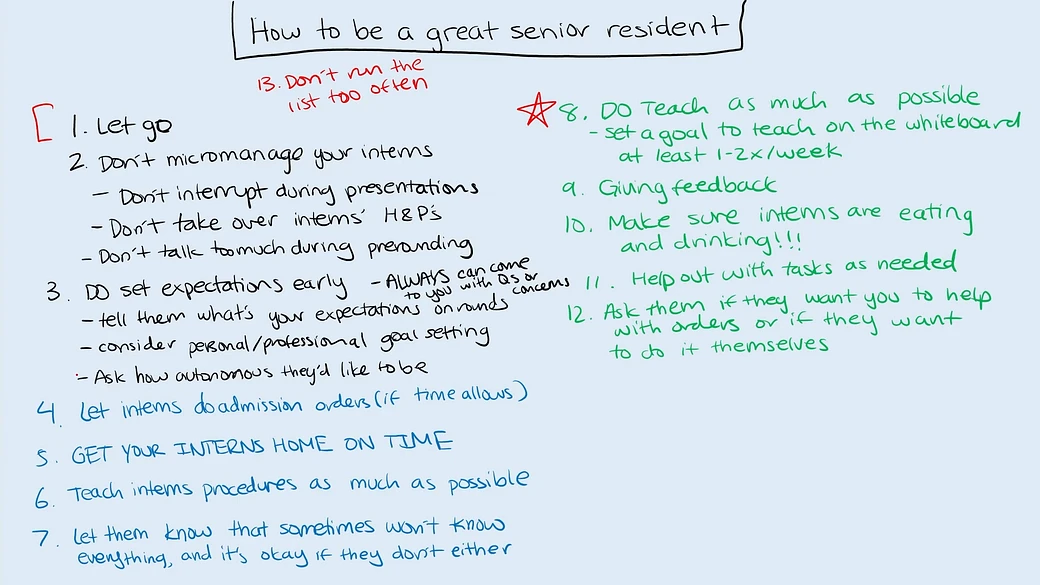
My random thoughts on how to senior, will be working on this throughout second year and develop my senioring style.
Guiding Principles
- I want to get my medical students and interns out on time or as early as possible
- I want them to have as much independence / autonomy as possible so I want to show them how to put admission orders and regular orders, how to discharge patients, etc.
Strategies
- Go over expectations with medical students and interns at the beginning
- Use my medical student intern sheet. Basically see 2 patients, do a presentation once a week
- For interns - it is for them to keep their presentations short, get their work done on time
- Ask if they want me to be more hands on or hands off
- Let them know that it is okay to do work while we are rounding and the other intern is presenting
- I want to try to run bedside rounds, but make them fast and efficient. I feel like this is the best way to get teaching and to learn from the other intern's patients too. Especially helpful for the medical students. I want it to actually be at the bedside with the patient if possible. Try to do teaching points while we are walking from room to room.
- Other rounding style could be table rounding -> quick bedside rounding but I feel like that is kind of inefficient
- OR, bedside rounding on active patients -> table rounding on stable patients
- Options for bedside rounding efficiently:
- Have a WOW while rounding (may be difficult because it is large and cumbersome)
- Have my laptop while rounding (only thing is there might not always be somewhere to put it down in the room, but I think we could probably find a place to put it most of the time)
- The only question is who would use it?
- If I put in orders, I feel like I would be detracting from their experience of learning to put in orders
- If I let the other intern put in orders, it might be good but it would make it so they can't mentally prepare for presenting their next patient, which I remember I really had to do early on as an intern (and wasn't able to listen too much to the other intern's presentation)
- Also, should I get one of those rolling tables that the pharmacists have? Also a stool that could be attached to it so the presenter can sit next to the patient while talking about them?
- I want to do afternoon teaching sessions. And I want to ask the attending to be there if possible to help provide additional teaching points. I will do 2-3 days / week then I want the medical students to do 1 day and the interns to do a day and the attending to do one day ideally.
- No interrupting people as they present, and to tell the attending not to interrupt also
- Is there any way we could do abridged presentations? Not the full presentation format? I would expect the attending to have already chart reviewed the patients in the morning. It would be hard to change the culture though and people would feel uncomfortable . . .
- Ask people at the end of rounds about one thing they learned
- Formulate 2-3 key questions on cases during rounds that you can ask at the end to facilitate discussion and help make every member feel included, accountable, and relevant
- Consider doing the "one professional and one personal goal" over the week
- https://resident360.nejm.org/expert-consult/the-art-of-leading-with-the-right-balance-as-a-senior-resident
- Give feedback frequently
- Update patient's white board with plan discussed
- How to bedside round efficiently: https://www.med.unc.edu/medicine/education/residency/program-overview/bedside-rounding/
- Rounding order: Sick and decompensating patients • New admissions and transfers • Discharges • Stable patients
- On average teams spend about 10 minutes per patient, and 12-14 patients on a 20-patent census is the ideal number to round on together with the multidisciplinary team.




